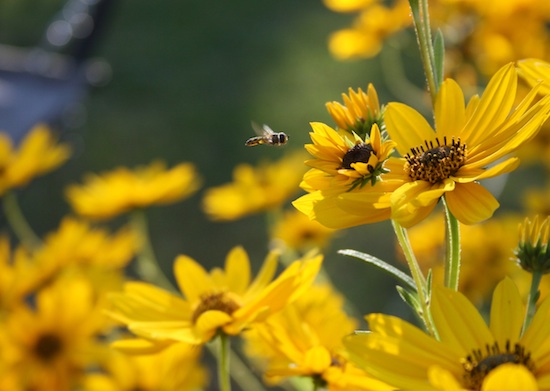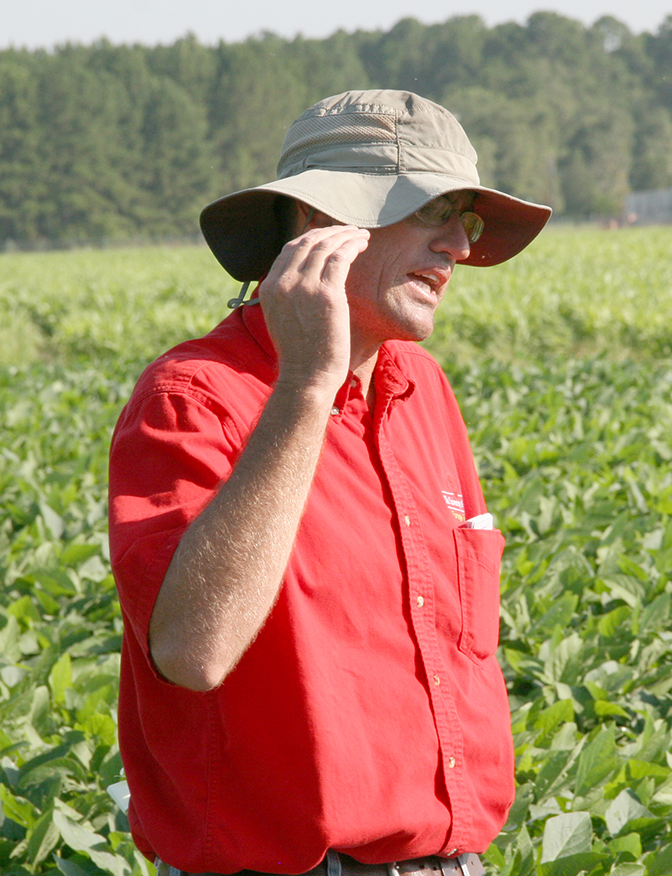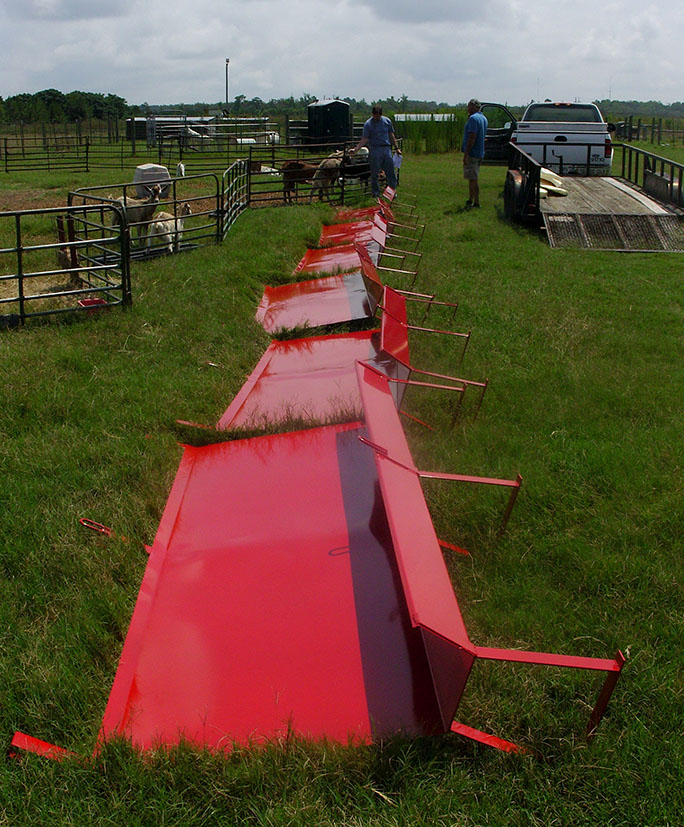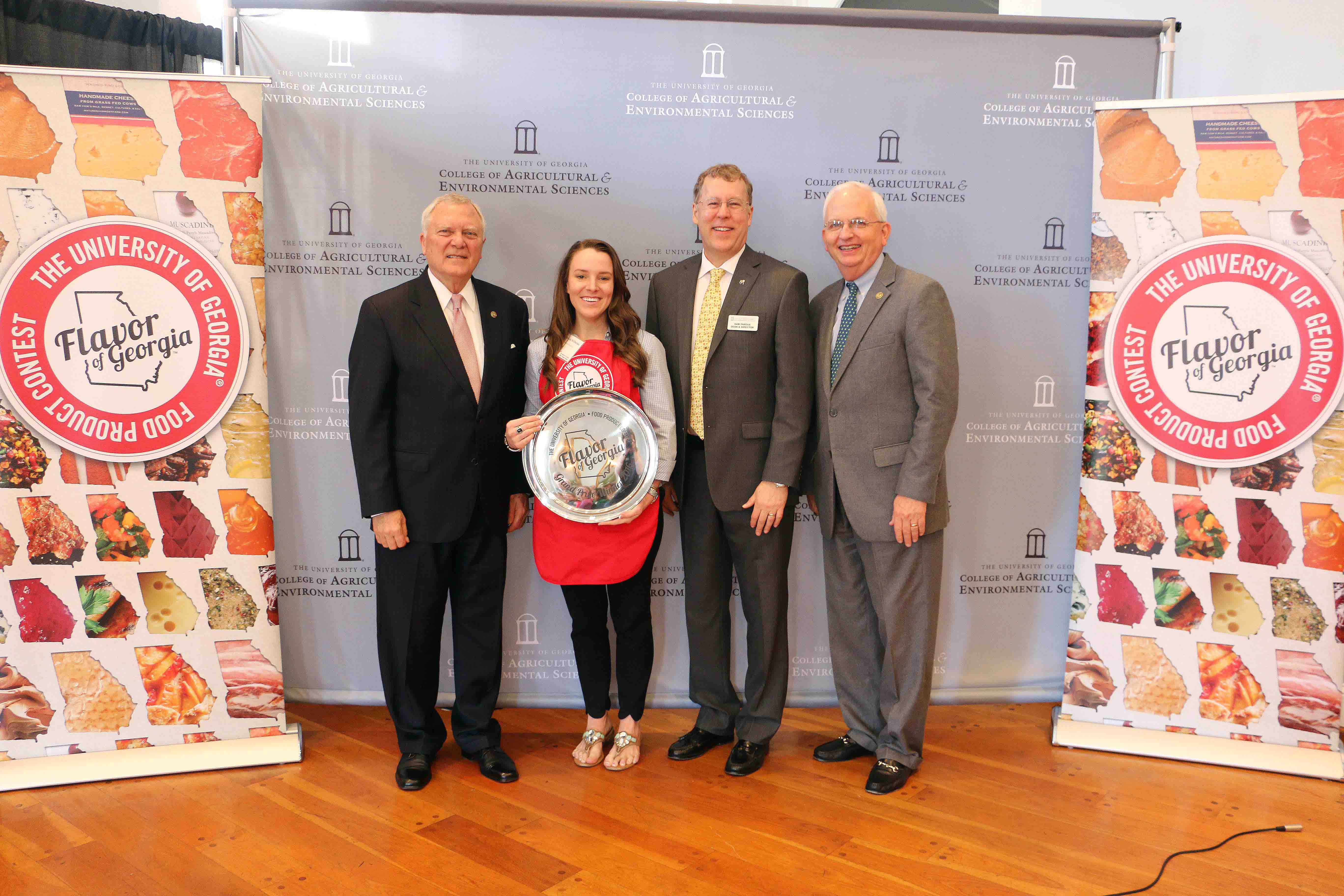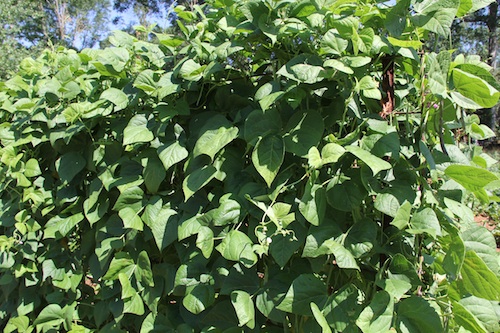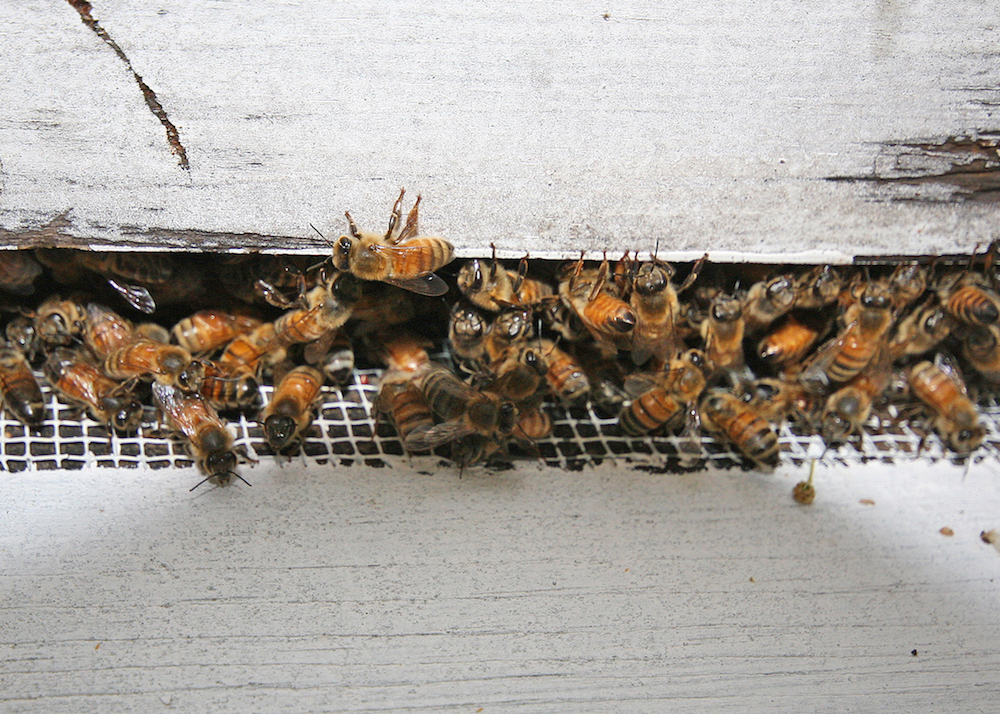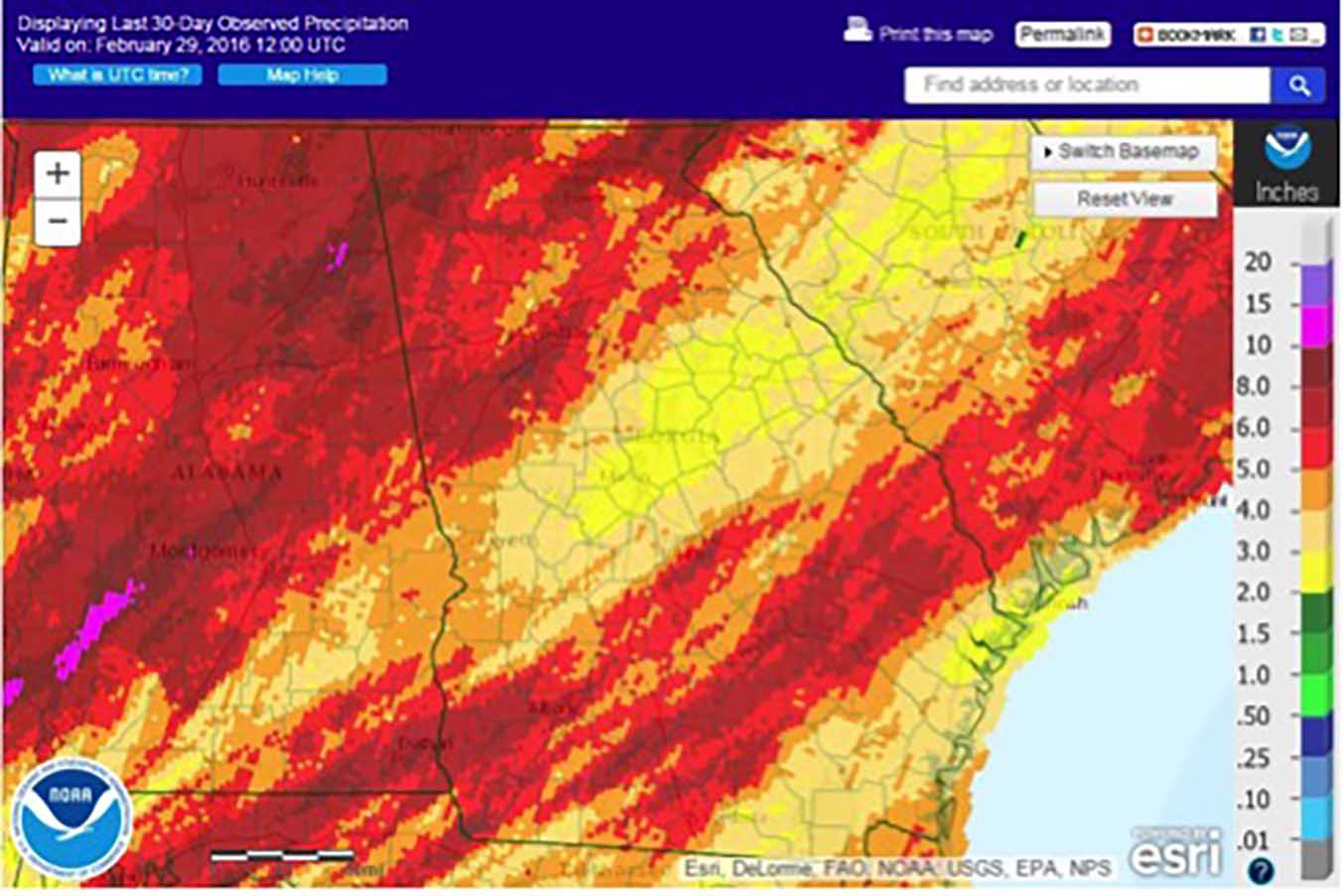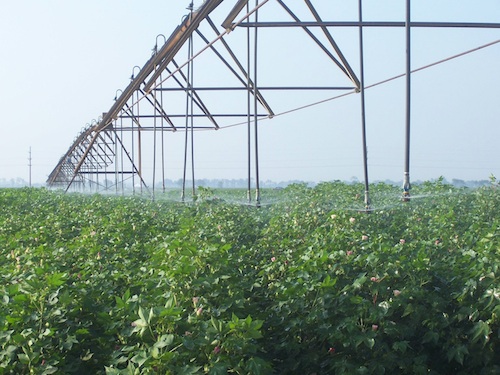 CAES News
CAES News
Food Security in Focus
Ann M. Steensland, deputy director for the Global Harvest Initiative, will deliver the keynote address at this year’s Sixth Annual International Agriculture Day reception. The event will be held from 3:30-5:30 p.m. on Tuesday, April 19, at the Georgia Museum of Art. Hosted by the University of Georgia College of Agricultural and Environmental Sciences Office of Global Programs, the talk and reception are free and open to the public.


